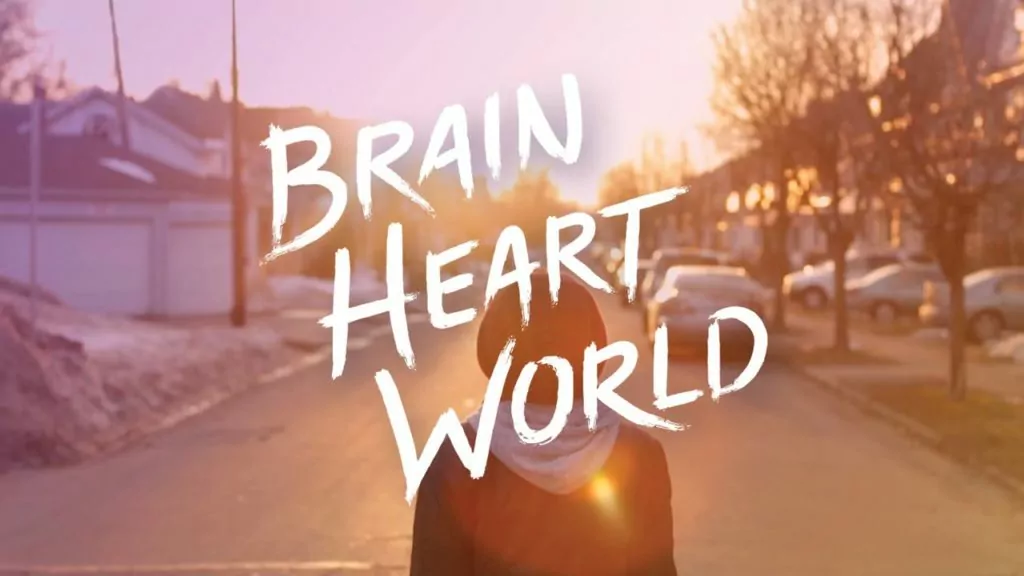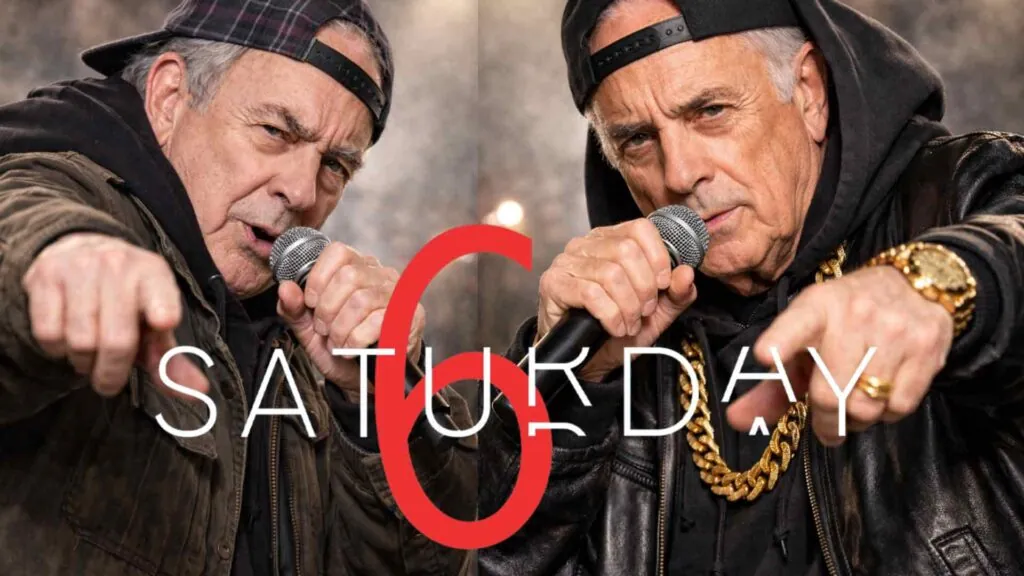“You cannot raise your children as your parents raised you, because your parents raised you for a world that no longer exists.”
– Author unknown
•••••
I was born in 1988, and my generation straddled a lot of things. As kids we listened to cassette tapes and videos were on VHS – a video camera was roughly the size of an over-the-shoulder Hollywood contraption. The pace of technological change was so swift everything seemed to go defunct in just a few years, from the Walkman to the Discman to the iPod in a blink, while Blockbuster went big and bust in just a few years, with corner stores and gas stations investing in videos and then DVDs just in time to see their investments become obsolete as the digital world swallowed everything.
And at the backs of many of the scuzzier corner stores were little rooms usually covered by ratty curtains where furtive people would duck to pick their pornos, from big-bellied greasy truckers who didn’t care who saw them to sneakier folks with a worried eye out for parents, spouses or neighbors. An aura of shame and moral grossness hung about the whole thing, and those heading back there seemed to know it.
But besides that, everything seemed largely contained, and it was. Our parents could let us head outdoors without worrying too much. Some kids got their hands on porn magazines and hid them; many got caught; but the digital deluge had not yet begun, and it was easier to assume that children could roam free without risking their innocence.
Then, in 2006, came the iPhone. Everything changed.
Instant access to the pits of hell
Suddenly, pornography became next to impossible to contain. A generation of Christian kids grew up looking at porn on devices that their parents had not had as children, and had not considered a source of risk. Parents didn’t know their kids’ phones or iPads or most any other device could connect to some shop’s free Wi-Fi, allowing them to scour the Internet’s filthy caverns. Curiosity, temptation, mistake – it didn’t (and doesn’t) take much to get hooked, and pornography swept the culture and the churches like a tsunami. In 2016, on the sites owned by a single porn company, the number of hours of pornography watched, once tallied up, amounted 524,641 years – or roughly twelve porn videos for every man, woman, and child on planet earth.
I’ve been speaking on pornography in Reformed communities and elsewhere for over ten years, and I can confirm – and I’m sure you’ll agree – that the consequences have been catastrophic. Our children now grow up entirely surrounded by devices that act as portals to the demonic. I could tell scores of stories about children from Reformed homes who got addicted to porn simply by clicking a pop-up that flashed across the screen while playing an innocent game.
This isn’t how we grew up
The digitization of our society has resulted in a world actively hostile to the innocence of children, and there is no simple solution – no book, filter, conference, or course that will protect them. As Dawn Hawkins of the National Center on Combatting Sexual Exploitation has said, we can no longer trust that our children will not see pornography – even with our best efforts. We must prepare their minds for when, inevitably in this culture, they do see it. That means that only cultivating powerful personal relationships with our kids will do.
The uncomfortable truth is that parenting in the digital age is different than parenting in previous generations. The fundamentals remain the same, as do our vows at baptism. But never in recorded human history have children had such widespread access to the most depraved sexual fantasies the human imagination can produce – never.
I often hear people dismiss or downplay the dangers of the digital age by noting that there is nothing new under the sun. This is true insofar as sexual sin has been existed since the Fall. But it is not true that any previous generation has been so thoroughly poisoned and so many lives destroyed, with the average age a child is first exposed to hardcore porn dropping year over year (it now sits around age 8 or 9). It is true that porn has always existed, but the things kids are exposed to now are nothing like the crass etchings on the walls of Pompeii, and it is a false comfort to suggest that they are. Children today have access to things their parents couldn’t purchase and their grandparents couldn’t imagine. Our children do.
Not so long ago, parents could send their kids outdoors to play without worrying about what devices the neighborhood kids might have and what they might show their friends at the park (I’ve heard plenty of stories of kids getting exposed to porn the first time this way). Although the culture has long since stopped inculcating Christian values – when my mom went to public school, they still opened the day with the Lord’s Prayer – it was not yet hostile, and it was not yet permeated with pornography the way it is now. With comparatively little effort, the innocence of children could be protected.
Today’s mainstream entertainment is packed with blasphemy and filth. Children’s entertainment features LGBT content as a matter of course. Within the span of a single lifetime, TV shows have gone from Leave it to Beaver to having a post-sex change transgender beaver on Blue’s Clues with chest scars from her double-mastectomy – and this is a show for children.
The world our parents raised us in is dead and gone. It is important to recognize this. Let me put it as bluntly as I can. The forces of evil have broken loose, and they are no longer contained to video rental stores, or corner store magazine racks, or even computer screens. It is in your house, on all of your devices, including the one you carry everywhere in your pocket. The Devil is up close and personal now, so close you can feel his breath. He wants to destroy our marriages, our families, and our communities – and his digital dragnets are doing a horrifyingly magnificent job.
Who will be there for your child?
There is no easy fix to this problem. Parents in the digital age must face the fact that the only way to protect our children is for us to spend an enormous amount of time with them. Not just quality time – quantity time.
Parents must ensure that their influence counterbalances the many influences that will be fighting for their children’s time. The gravitational pull of parent-child relationship must be stronger than the gravitational pull of Pornhub, secular entertainment, and the temptations clamoring for their attention. In the digital age – also sometimes referred to as the information age – we have a choice: the Internet-driven culture will shape our children, or we will.
As prevention fails, parents’ presence is crucial
Over the past ten years speaking on pornography and related cultural issues in Reformed communities, I have seen porn use among the young go from a problem to the norm. The same is true for sexting. The views of many of our children on LGBT issues are also shifting radically as they are exposed to LGBT social media and YouTube influencers with millions of young fans.
As the Internet opens up countless new worlds for the young, old certainties that were once taken for granted are up for grabs, and our children will be exposed to every imaginable poison. It will not be enough to merely attempt prevention (and if we do, it is likely to fail.) We will have to commit ourselves to being present in a way that few other generations needed to.
This will mean prioritizing family interests over business interests. It may mean making less money in order to spend more time with the kids. It will certainly mean carving out large amounts of time when you are simply available to talk to your kids about all of these issues, and to begin these conversations. Be assured, the culture is starting these conversations with missionary zeal, and they are winning converts.
In response, we will need to equip ourselves to talk to our children about all of these issues – and form relationships with them that will give us the space to have these conversations. In many, if not most cases, it will be a difficult task.
We will shape our children, or the culture will.
Jonathon Van Maren blogs at TheBridgehead.ca.












